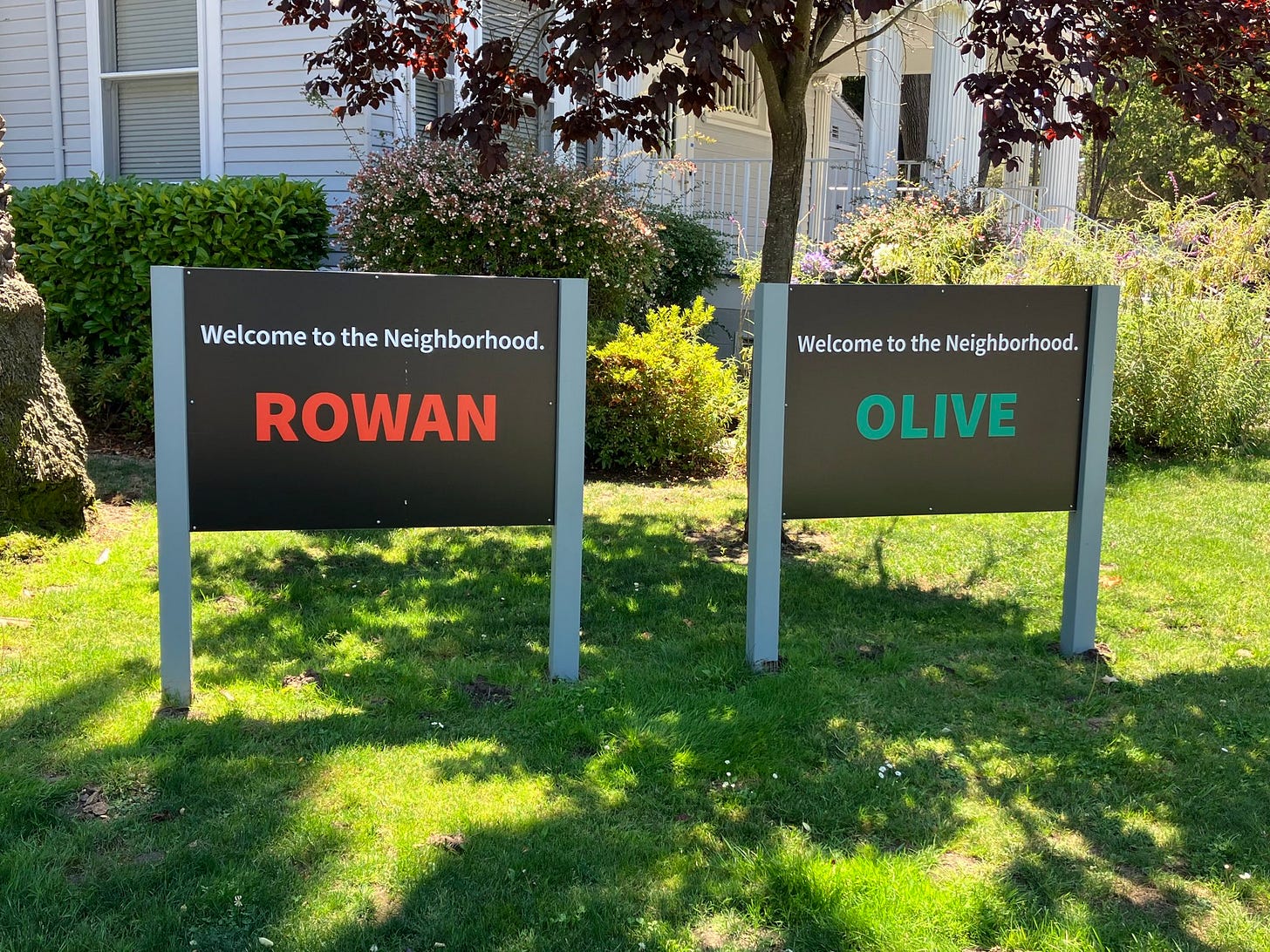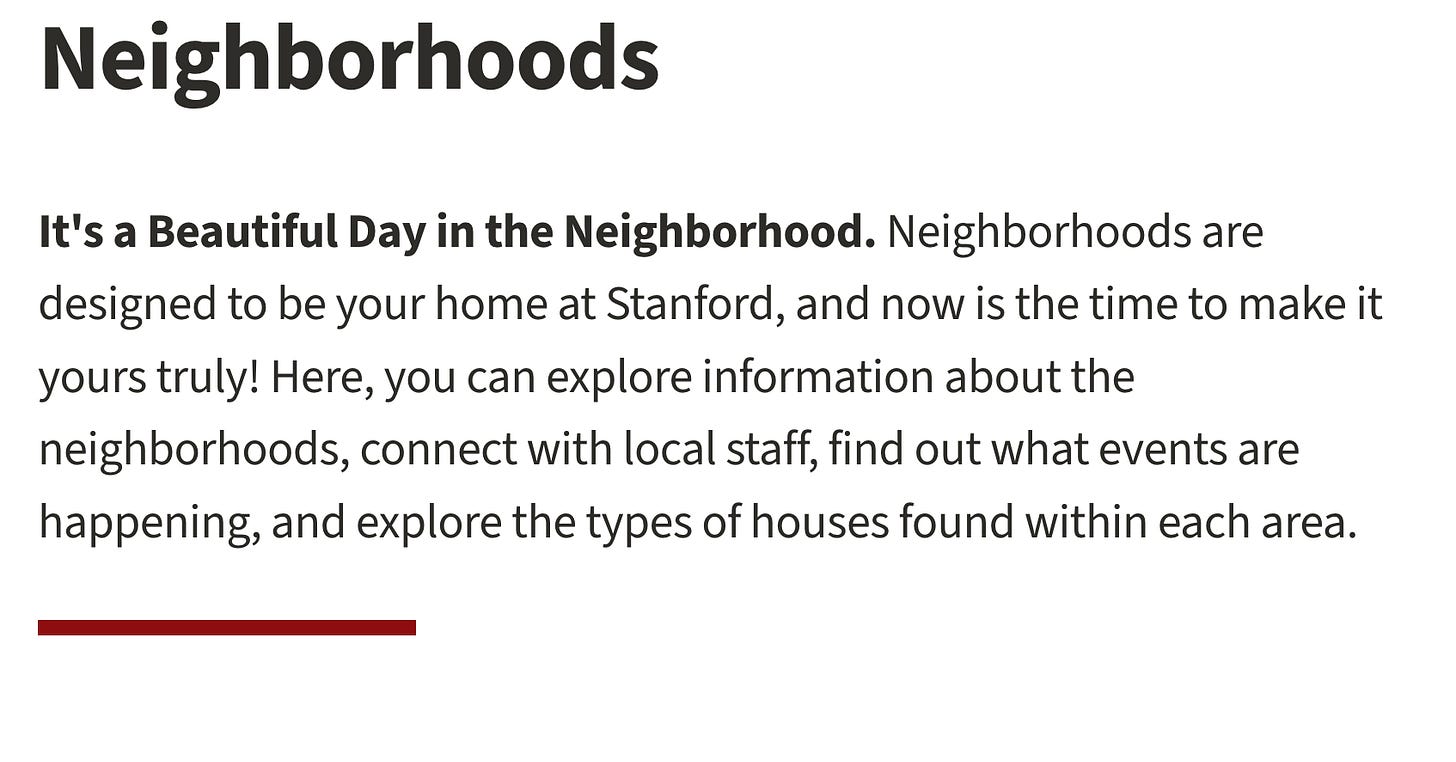Postcard: Responsibility
No. 014 - on man and society.
Postcard is a weekly curation of things I think are beautiful or interesting. Each postcard will be named after a word and contain something to listen to, something to look at, and something to think about. I welcome you to share any thoughts in the comments. Thank you!
responsibility:
(n.) The state of being responsible for something or someone.
(n.) The opportunity or ability to act independently.
†Meanings from OED
Something to listen to:
Something to look at:
Something to think about:
“If Men were angels, no government would be necessary. If angels were to govern men, neither external nor internal controls on government would be necessary. In framing a government which is to be administered by men over men, the great difficulty lies in this: you must first enable the government to control the governed; and the next place, oblige it to control itself.”
- James Madison, Federalist no. 51
Jordan Peterson struck upon something incendiary when he identified the modern cultural fault lines running along the concept of “responsibility.” The notion that a man is responsible for the cleanliness of his room is both undeniably true and proved to be highly controversial. What was controversial, of course, wasn’t the factual truth of the statement, but the implication that it’s not okay to shirk that responsibility. That it’s not okay to make YOUR life someone else’s problem or fault.
In the waters of the default culture, we have never had more opportunities to shirk responsibility than we do now. You can escape from reality into video games and pornography. You can escape from basic skills like cooking and cleaning with DoorDash and maid services. You can escape from boredom (aka presence with your own body and thoughts) using social media’s infinite supply of tiny amusements: instagram, TikTok, twitter, reddit. Podcasts let you eavesdrop on the conversations of others as if you were all friends, sitting at the same table. Everything is on demand.
But there is a cost to convenience; I’ve come across 30-year-olds who don’t know how to do their own laundry. I’ve met college students—on the surface, highly successful, attending elite universities and racking up awards and fellowships—whose parents micromanage and hold their hand through every interaction. Can you imagine dealing with a 22-year-old man who is incapable of emailing you his own plane ticket receipt for reimbursement? Or formatting his own MS Word documents? I have.
Universities, for their part, have done a lot to feed into this problem. Stanford University has nearly a 1:1 administrator to student ratio. People whose full-time job is to participate in handholding and micromanaging specific aspects of the student life and experience. Sometimes, this level of micromanagement results in situations that are almost beyond parody. At one point, the university decided that one of the issues facing undergraduate students was “lack of community.” The solution? A committee of administrators developed the “neighborhood concept” and divided residences into arbitrary “communities” and put up signs all over campus like this.
This attempt to create community by top-down fiat—by centralized committee planning—is both ineffective and a perfect metaphor for their politics and broader worldview. By declaring jurisdiction over a “problem” (student social life not being good enough) they had no business intervening in, they both failed to solve “the problem” and created a bloated class of administrators working on “the problem.” The project might be fake… and the sense of community they create might be fake… but the money they spend, the payroll checks they cash are all very, very real.
When you don’t trust people to take care of themselves or act on their own, you create the conditions that turn them into disempowered individuals with an external locus of control and responsibility. How bleak is it that the capital-a Adults running one of the most prestigious and elite universities in the world don’t trust the students there with the responsibility of figuring out how to have fun or make friends on their own?
On the topic of responsibility, I want to talk about how there are two kinds of men in the world. One type of man walks into a public mixed-gender restroom, sees the toilet seat down, and pisses all over it because he can’t be bothered to spend the requisite two seconds lifting it up. This type of man is exceedingly common (as we all know). The second type of man might walk into that exact same restroom, see that exact same piss-covered toilet seat, lift it up, take a piss himself, then lower it down and wipe it clean because he knows that just because someone else bucked their responsibility towards the common good doesn’t mean he should too.
Now, consider that the men who piss all over toilet seats are doing the same thing, metaphorically, everywhere in their lives. A man who cannot take even the smallest action of responsibility towards the common good has approximately a 0.01% chance of successfully clearing higher and harder burdens of social responsibility.
So whatever utopian political vision you might have for society, you are going to have to factor in that some people are simply going to refuse to take even the tiniest responsibility for their miniscule share of the common good. They are going to piss on toilet seats and let their dog shit in your driveway without picking it up and they are going to freeload and exploit and take whatever they can get away with because they have no conception of the commons and no conception of personal responsibility. The question then becomes: are you going to let your society be held hostage by the very worst of us? Or are you comfortable designing systems and incentives so it is in their best selfish interest to contribute in positive ways? (Including removing them from society for serious / repeat infractions, as need be)
All societies carry the burden of the tension between those who take responsibility and those who shirk it. What’s important for the aspiring morally good individual is not participating in the race to the bottom. Don’t feed into the power of those who are lowering standards left and right by thinking, “Well, I guess I could get away with that too!” Be the type of person who takes responsibility for the circumstances of their own life and cares for the people around them because the world, as ever, needs your determination, your effort, and your love.
Honor the call.
“Good and evil both increase at compound interest. That is why the little decisions you and I make every day are of such infinite importance. The smallest good act today is the capture of a strategic point from which, a few months later, you may be able to go on to victories you never dreamed of.”
- C.S. Lewis, Mere Christianity



